Red state coal towns still power the West Coast. We can't just let them die
Published in Business News
COLSTRIP, Montana — In the early morning light, it’s easy to mistake the towering gray mounds for an odd-looking mountain range — pale and dull and devoid of life, some pine trees and shrublands in the foreground with lazy blue skies extending up beyond the peaks.
But the mounds aren’t mountains.
They’re enormous piles of dirt, torn from the ground by crane-like machines called draglines to open paths to the rich coal seams beneath. And even though we’re in rural southeastern Montana, more than 800 miles from the Pacific Ocean, West Coast cities are largely to blame for the destruction of this landscape.
Workers at the Rosebud Mine load coal onto a conveyor belt, which carries the planet-wrecking fuel to a power plant in the small town next door. Plant operators in Colstrip burn the coal to produce electricity, much of which is shipped by power line to homes and businesses in the Portland and Seattle areas. It’s been that way for decades.
“The West Coast markets are what created this,” Anne Hedges says, as we watch a dragline move dirt.
She sounds frustrated, and with good reason.
Hedges and her fellow Montana environmentalists were happy when Oregon and Washington passed laws requiring 100% clean energy in the next two decades. But they’re furious that electric utilities in those states are planning to stick with coal for as long as the laws allow, and in some cases making deals to give away their Colstrip shares to co-owners who seem determined to keep the plant running long into the future.
“Coal is not dead yet,” Hedges says. “It’s still alive and well.”
That’s an uncomfortable reality for West Coasters critical of red-state environmental policies but not in the habit of urging their politicians to work across state lines to change them — especially when doing so might involve compromise with Republicans.
One example: California lawmakers have refused to pass bills that would make it easier to share clean electricity across the West, passing up the chance to spur renewable energy development in windy red states such as Montana and Wyoming — and to show them it’s possible to create construction jobs and tax revenues with renewable energy, not just fossil fuels.
...continued
©2024 Los Angeles Times. Visit at latimes.com. Distributed by Tribune Content Agency, LLC.
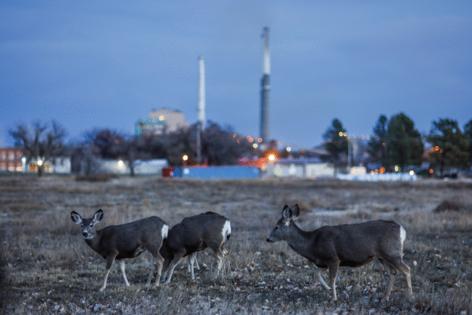
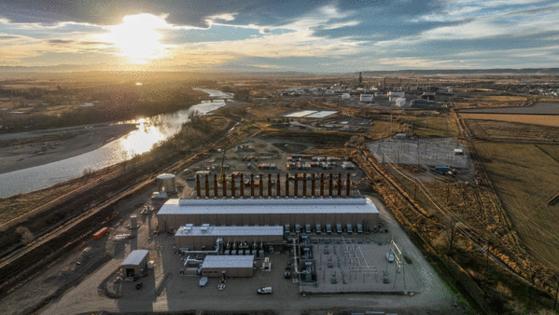
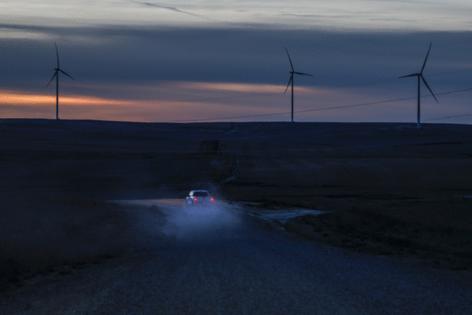
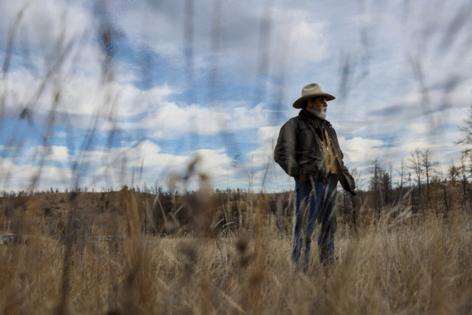
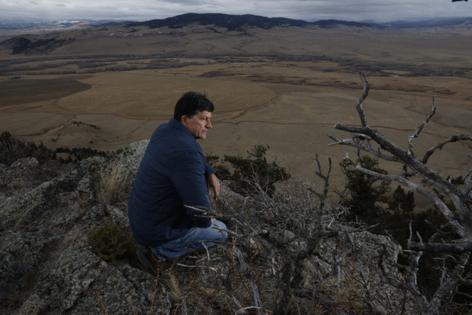











Comments